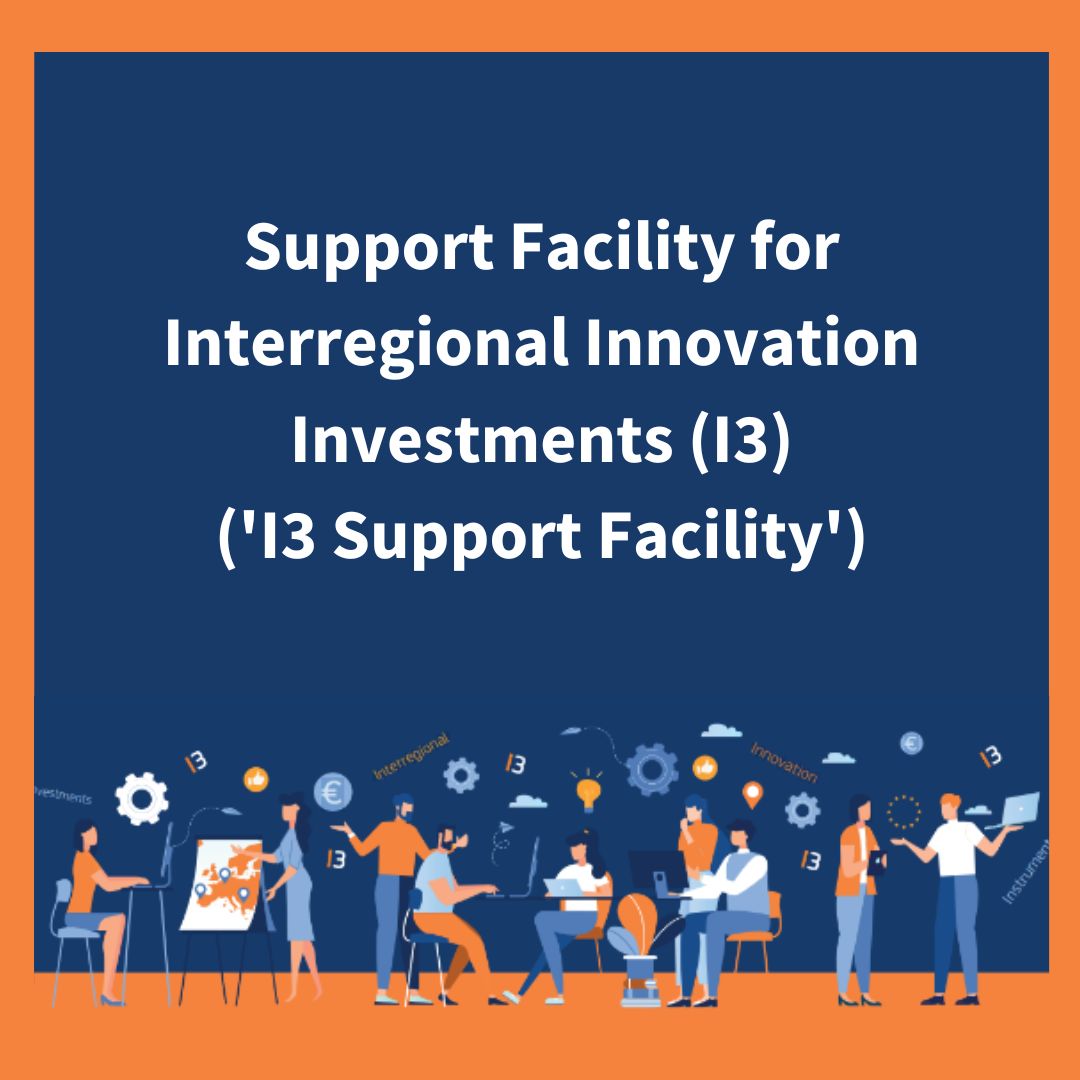Its primary goal is to enable regions to integrate into EU-wide value chains, thereby enhancing competitiveness and fostering balanced development across Europe. However, certain less-developed and outermost regions face systemic challenges—such as weak innovation ecosystems and insufficient capacity to participate in interregional collaborations—that limit their ability to benefit from I3 opportunities.
To address this, DG REGIO/EISMEA initiated a tender to establish a Support Facility aimed at addressing the challenges faced by less-developed European regions, such as underdeveloped innovation ecosystems, limited inter-regional collaboration, barriers to innovation, and insufficient policy and financial resources.
Strategic Objectives:
- Driving Integration: The facility seeks to enhance the integration of less-developed, outermost, and challenged regions into EU value chains and innovation networks.
- Fostering Collaboration: It will focus on building interregional collaborations and strengthening innovation ecosystems to generate sustainable business cases for innovation projects.
- Capacity Building: Leveraging insights from past I3 Work Programmes (2021–2024), the facility aims to empower public authorities and innovation stakeholders in all EU regions.
Key Features:
- Knowledge Capitalisation: It will draw upon experiences and lessons from the I3 Strand 2b Capacity Building calls to strengthen regional innovation ecosystems.
- Focused Support: Targeted support for regions with complex challenges in joining EU innovation networks.
- Innovative Experimentation: The facility will experiment with innovative approaches to enhance collaborative capacities in areas with the greatest need.
Consortium and Responsibilities:
The consortium is led by Technopolis, supported by partners like PROGNOS, the European Cluster Alliance, and EURADA, which is tasked with engaging stakeholders and facilitating cooperation (Task 5). EURADA will organise events where members will share best practices and experiences related to regional innovation.
Anticipated Outcomes:
The initiative is expected to strengthen regional capacities, integrate underperforming regions into European innovation networks, and foster a more balanced and inclusive innovation landscape across the EU.
This Support Facility represents a significant step towards reducing regional disparities and building cohesive, collaborative innovation ecosystems within Europe.
Stay connected with us, more information about this technical assistance tender will be released and published in 2025. Do not hesitate contact our colleague Jip Lenssen for further information about the tender.
